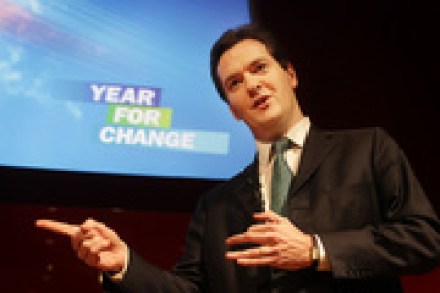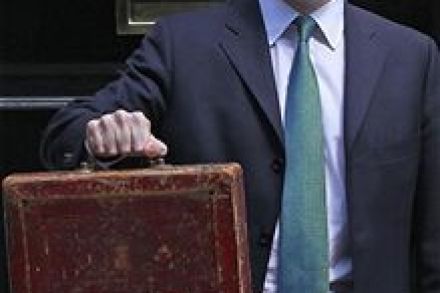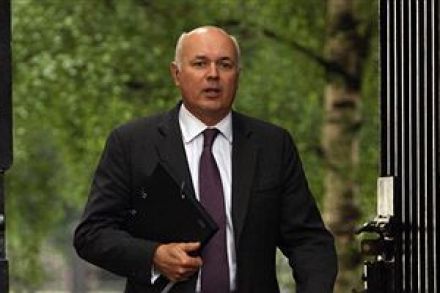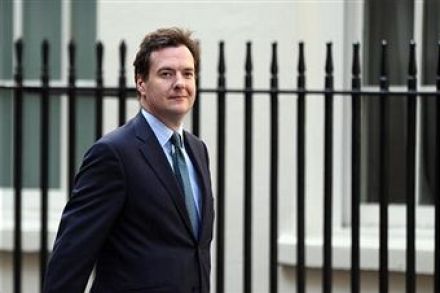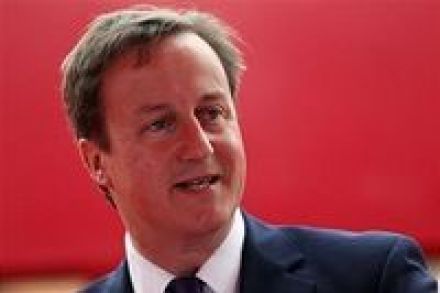Double deficit
What’s at the heart of the row over defence funding? George Osborne hinted at it today when he told the Telegraph that “frankly, of all the budgets I have seen, the defence budget was the one that was the most chaotic, the most disorganised, the most overcommitted”. The problem is that during the Labour years, various accounting scams were deployed to shunt costs further into the future – but this was not matched by resources. So they would, for example, delay an order by two years. There would be a price to pay for this delay, but it would be a cost that came after the election so Labour didn’t mind. (One
